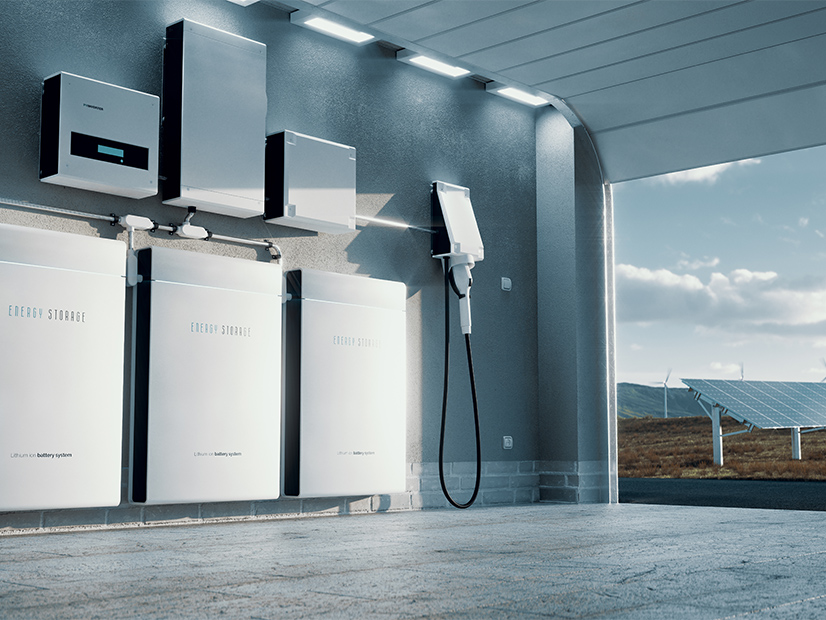
ISO-NE defended its Order 2222 compliance filing on Wednesday, providing FERC its response to protests from environmental groups, renewable energy industry organizations and Massachusetts’ attorney general.
ISO-NE’s response to the federal order requiring RTOs to allow distributed energy resources to participate in wholesale markets has frustrated advocates, who say it fails to meet the goals laid out by FERC and would limit the availability of behind-the-meter resources to engage the market. (See ‘Beautiful Symphony’ or Bust on Order 2222, Advocates Say)
That frustration led to a number of protests arguing, among other things, that the order doesn’t allow sub-metering, gives utilities too much time to review aggregated DER proposals and that its seven participation models for DERs proposed by ISO-NE aren’t in compliance with Order 2222. Among those protests was a combined filing from environmental groups and another from several industry organizations.
FERC’s rules technically don’t allow ISO-NE to file an answer to protests, but the grid operator is asking for an exception.
In its filing, ISO-NE argues that it has fully met the requirements of the FERC order.
Metering
Order 2222 gave RTOs flexibility in how they can establish market rules for metering DERs, ISO-NE said in its response.
And the alternatives that advocates proposed in their protests could lead to double counting of services, shift costs to customers without DERs and require new metering infrastructure, the RTO argues.
The filing also cites a previous FERC order in saying that metering at the retail delivery point (as proposed in the compliance filing) is appropriate for demand response resources, rather than the device-level sub-metering proposed in the protests.
And finally, it says FERC should reject the intervenors proposal to allow third-party metering because of double counting and data validation issues.
Utility Review
The protestors also challenged ISO-NE’s rule giving utilities 60 days to review DERs seeking to participate as part of an aggregation.
FERC’s order specifically allowed a 60-day review period, ISO-NE wrote, so the environmental groups’ request to shorten it should not be granted.
It gave a similar response to the industry groups’ proposal that the period for utilities to review the modification of DERAs be shortened.
Participation Models
Perhaps most significantly, ISO-NE defended its seven participation models for DERAs wishing to take part in the models.
“The standards and requirements associated with each participation model in the Compliance Proposal are tailored to the products and services offered in the New England Markets,” ISO-NE argued, and they meet the requirements of Order 2222.
Specifically, the response provides defenses of ISO-NE’s continuous storage facility model, its settlement-only DERA model and changes to the existing Alternative Technology Regulation Resource.


